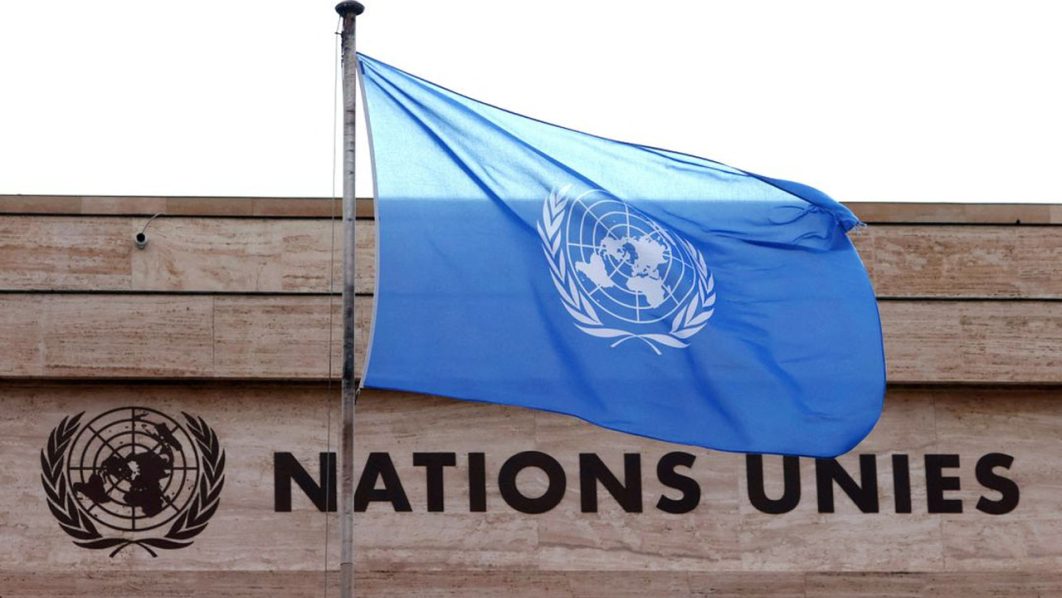
The United Nations said Wednesday it was “ringing the alarm” on the humanitarian situation in conflict-wracked northeast Nigeria, with surging numbers of people needing help.
A bloody conflict has been raging for 14 years between the army and jihadist groups, including Boko Haram.
More than 40,000 people have been killed and two million more displaced, creating one of the gravest humanitarian crises of the 21st century.
“We must act fast to prevent the situation in the northeast of Nigeria from becoming even more catastrophic,” Matthias Schmale, the UN humanitarian coordinator in Nigeria, told a press conference in Geneva.
He said an estimated six million people needed assistance this year, up from 5.5 million last year, while the number of people facing severe hunger in Borno, Adamawa and Yobe states was up from 4.1 million to 4.3 million.
“More than 500,000 people are facing emergency levels of food insecurity: one step away from famine. We are ringing the alarm bell,” Schmale said.
The UN’s 2023 humanitarian response plan for northeast Nigeria is seeking $1.3 billion but is only 25 percent funded.
“The world must not forget the people of northeast Nigeria,” said Schmale.
David Stevenson, the UN World Food Programme’s Nigeria country director, said that of the 4.3 million people needing food assistance in the northeast, WFP was not even trying to reach 1.4 million due to “hard choices” it was having to make.
– Hopes for peace –
Schmale said the number of children aged under five at risk of life-threatening severe acute malnutrition had doubled to 700,000 this year.
Cristian Munduate, the Nigeria country representative of the UN children’s agency UNICEF, said: “We are really running out of the necessary supplies.
“For moderate acute malnutrition, we will definitely run out of stock in August and for severe — the ones that really need life-saving action — we will run out of stock by September.”
Nigerian President Bola Tinubu, 71, took over from Muhammadu Buhari on May 29 following victory in February elections.
“We hope that under the new president we will see renewed momentum to find peace,” said Schmale.
Schmale said the humanitarian situation was being exacerbated by the climate and food security crises, plus rising food, fuel and fertiliser prices.
However, beneath it all lies years of failed development, he added.
“The way to end this is not just reaching a peace agreement, ending the conflict, but actually addressing the underlying development crisis,” he said.
“Even if you end the conflict and reach peace, if you do not provide the basic things to live a decent life — education, health and livelihood — the temptation to go back to war and conflict will be huge.”
Follow our socials Whatsapp, Facebook, Instagram, Twitter, and Google News.






![Buhari says leading Nigeria was ‘one of hardest challenges in life’ 6 [FILES] Nigeria President Muhammadu Buhari](https://www.afriupdate.com/wp-content/uploads/2023/01/Buhari-13-1062x598-1-75x75.jpg)

